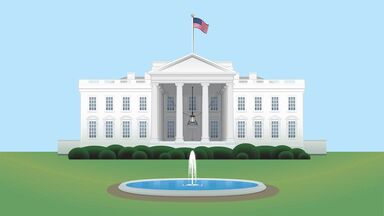On March 31 of that year,, a railway nationalization law was promulgated.
Lugard, and recommended " a declaration in favour of the nationalization of the lands of the Protectorate."
Among its most important acts were the expulsion of the religious congregations which had returned after 1834, the nationalization of their property, and the abolition, by decree, of the council of state, the upper house and all hereditary titles or privileges.
In 1882 he published Land Nationalization, in which he argued the necessity of state ownership of land, a principle which he had originated long before the appearance of Henry George's work.
This was said of the first report, which contained no decision on nationalization; but it was afterwards unfairly alleged by Labour speakers that the Government, by refusing to accept the principle of nationalization, approved in a subsequent report, had broken Mr. Law's pledge.





